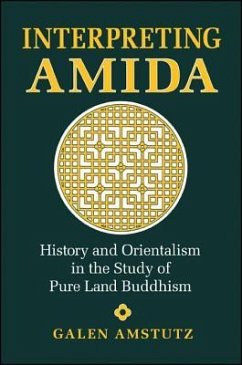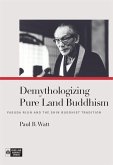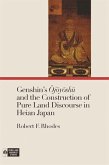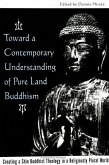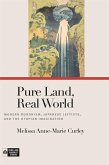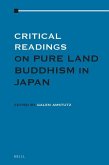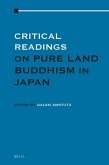Pure Land Buddhism was the largest traditional religion in Japan. It had an enormous impact on Japanese culture and was among the first forms of Buddhism encountered by Western culture. Not only has it been neglected in modern descriptions of Japan, but it also has been relatively ignored by Buddhist studies. The author shows that Pure Land Buddhism, despite a Mahayana Buddhist philosophical basis, has paralleled the social and political qualities associated with the Judeo-Christian tradition. It has variously been threatening to mainstream Westerners, uninteresting to Westerners seeking the exotic, and disagreeable to cultural brokers on all sides who want to depict Japanese culture as radically opposed to the West. The faulty appreciation of Pure Land Buddhism is one of the leading world examples of a counterproductive orientalism that restricts rather than improves cross-cultural communication.

